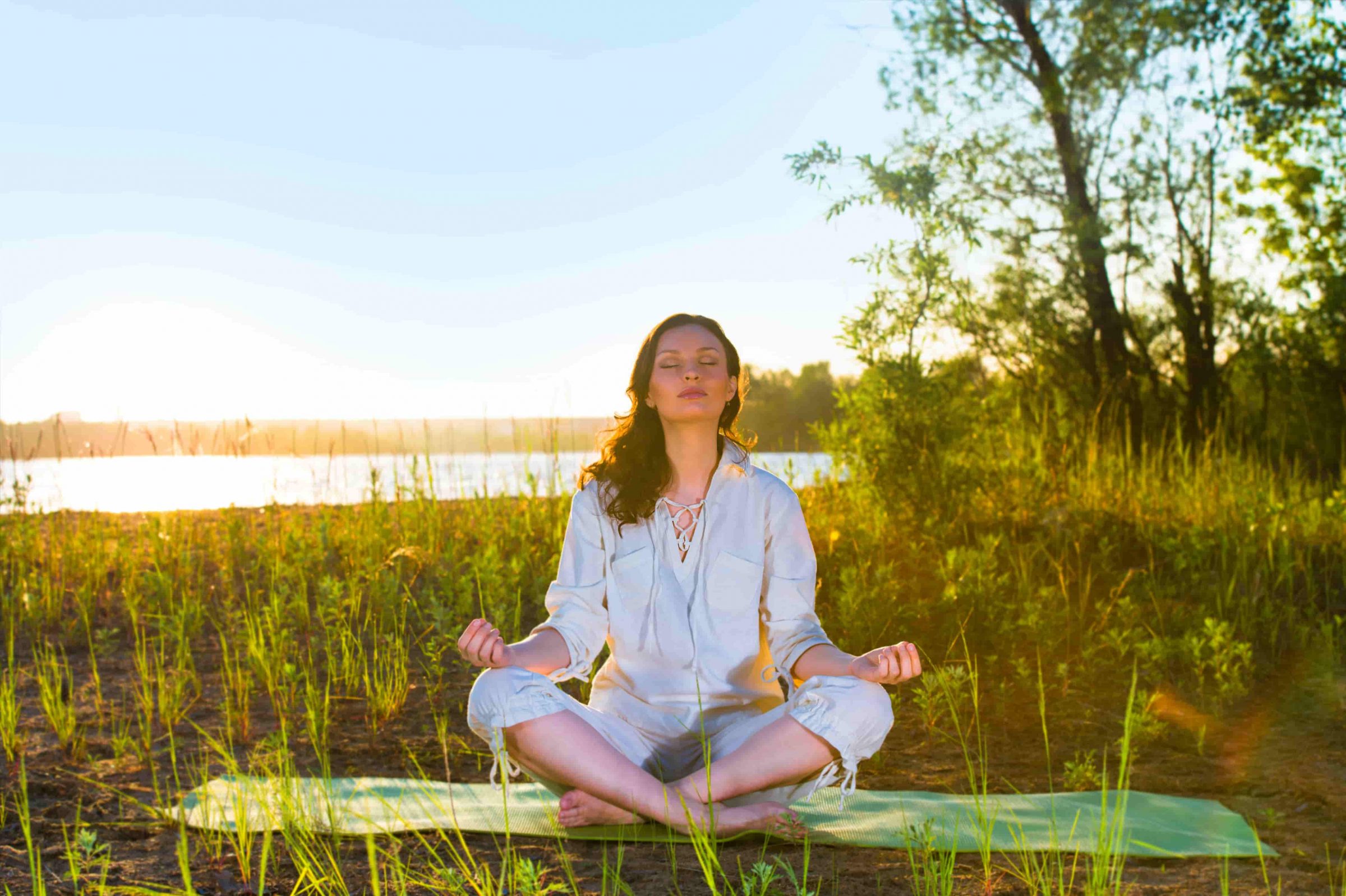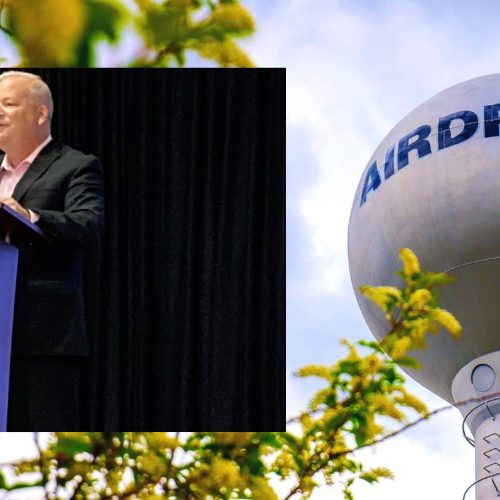The COVID-19 pandemic has raised everyone’s stress levels.
Responsibilities seem endless, the uncertainty is daunting and even small stressors that may not have bothered you before add to the ever-growing pile of anxiety.
Melanie Taylor, founder of the Life of Wellness Institute, says one of the best ways to reduce stress during a difficult time like the pandemic is by “bringing the ‘autopilot’ way our brain functions into awareness, so that you are able to choose your way of being in any moment.”
“Mindfulness is a practice that powerfully sets you up for a shift in how you embody this moment and all of your moments,” says Taylor.
“Neuroscience shows that by practicing mindfulness, the brain can be shaped for greater happiness, love, wisdom and greater emotional balance in turbulent times, as well as healthier relationships, more effective actions, and greater peace of mind.”
The Life of Wellness Institute provides transformational and experience-based education for students in yoga teaching, mindfulness, meditation, and holistic business ownership. They also provide individual services of transformational coaching, yoga therapy, and resilience therapy.
She adds that while it may seem like taking on more than we are already dealing with, this is actually the perfect time to practice mindfulness.
“Most of the things we brush off as the impacts of stress are the leading causes of illness,” she says.
“Mindfulness allows us to better understand how we suffer under stress and holds space for us to experience stress with awareness and compassion which disrupts the patterns that lead to upset and illness.”
She adds that mindfulness doesn’t have to be difficult and time consuming.
“Every mindful moment matters!” she says.
“When we practice mindfulness, we are disrupting the patterns that have us feeling stuck, unfulfilled, upset, and the automaticity of life. The more we practice, the more benefits we receive.”
Taylor says a mindfulness practice starts the moment you set out time for it.
To begin, set up one- to five-minute check-ins where you literally check in with yourself.
- Check in with the body; what sensations you are experiencing in this moment.
- Check in with the mind; what emotions or thoughts are present in this moment.
- Check in with your spirit; how alive or fatigued do you feel in this moment.
“Mindfulness is not about ‘fixing’ anything, we practice mindfulness to bring awareness of the experience within the mind, body and spirit,” she adds.
“With this awareness, we then invite self-compassion and self-care.”
The Life of Wellness Institute website includes a number of free mindfulness resources. Click here to check them out.
stacie@frogmediainc.ca






